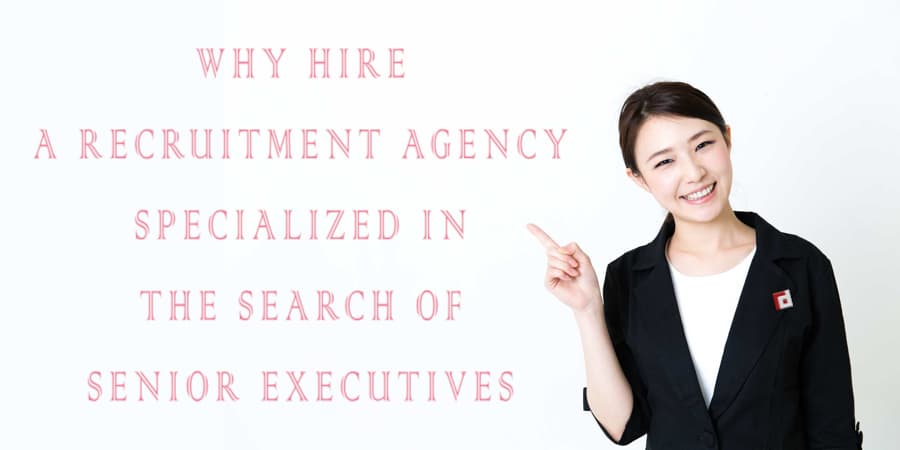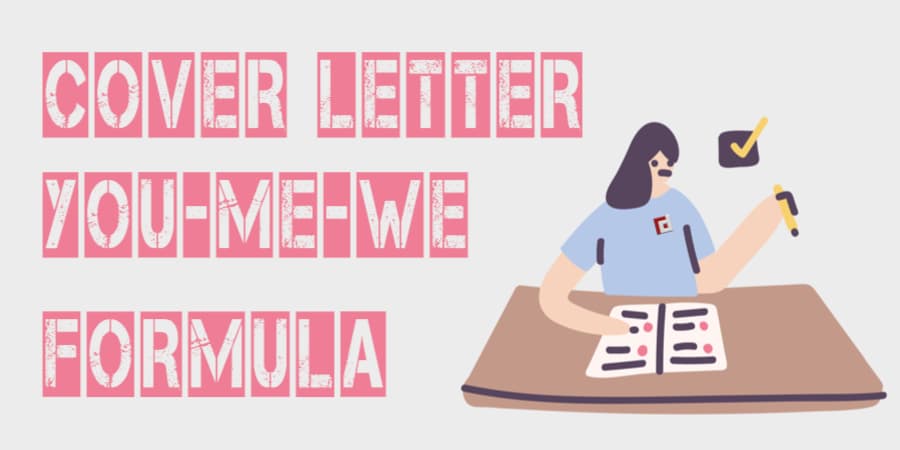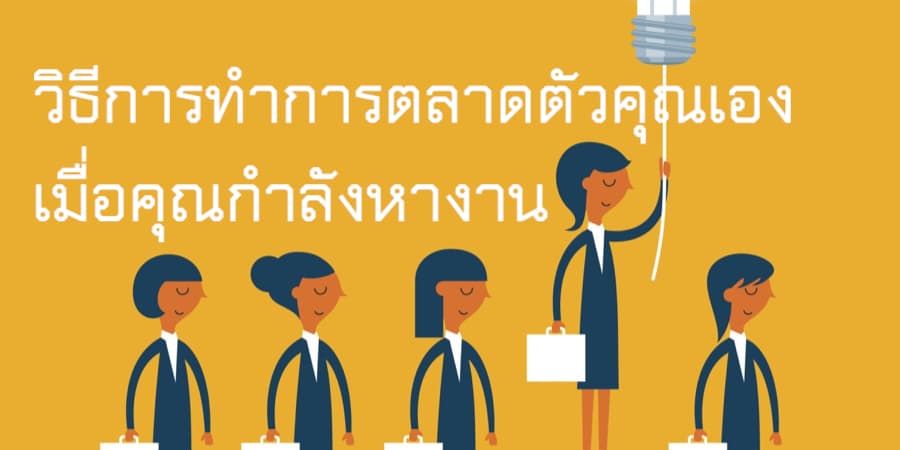14/07/2017
A little psychology can be helpful when you have to endure exhausting people in the workplace. Every job has types that you might not always be able to handle. Energy suckers, maladies, gossipers, and boasters consume resources and overload nerves and coping.








